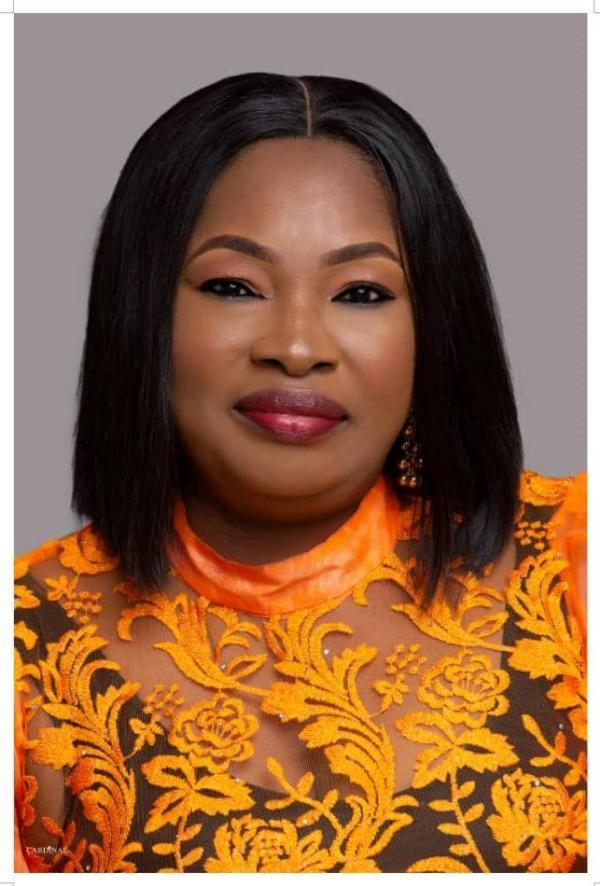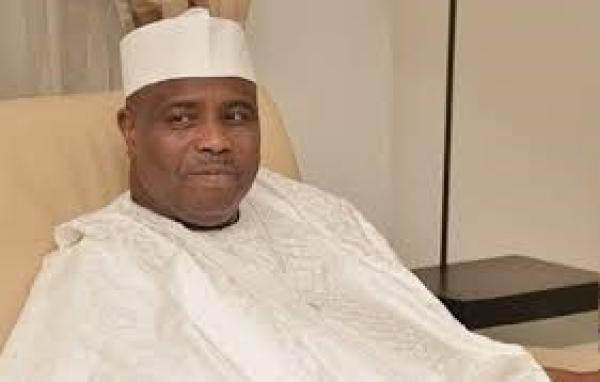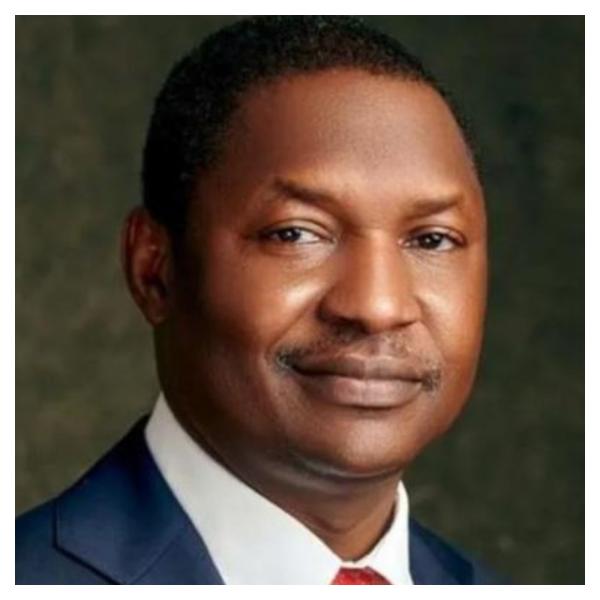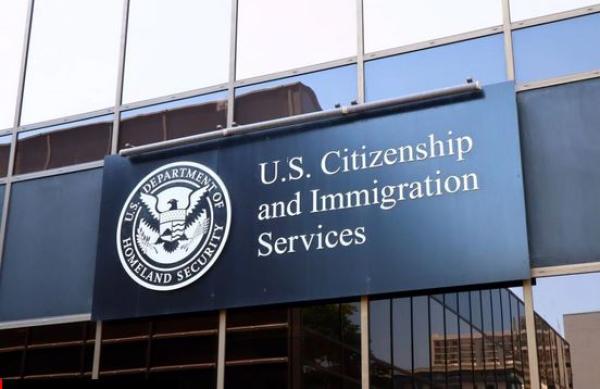
The suspended National Secretary of the Peoples Democratic Party (PDP), Chief Olagunsoye Oyinlola, on Tuesday, dragged the party before a Federal High Court sitting in Abuja challenging his suspension.
In the suit filed by his counsel, Awa Kalu (SAN), Oyinlola is asking the court for an order setting aside his suspension.
Oyinlola submitted that due process of the law was not followed before he was suspended from the party, adding that his suspension was against the constitution of the party.
He further submitted that there were procedures to be followed for anybody to be suspended.
He, therefore, asked the court to reverse his suspension from the party.
It would be recalled that Oyinlola was suspended by the PDP on November 11, 2013 alongside the chairman of the new PDP, Abubakar Baraje and his deputy, Sam Jaja.
In a related development, the Alhaji Umar Dikko- led National Disciplinary Committee of the PDP met behind closed doors for several hours over the cases of alleged anti-party activities by the four members of the faction of the party, (new PDP) referred to it for adjudication by its National Working Committee (NWC).
An informed source close to the committee told newsmen in Abuja that at the end of the crucial meeting, which was held at the party’s Presidential Campaign Office, otherwise known as Legacy House and attended by virtually all the members, the committee resolved to summon the affected members to appear before it by next week.
Those summoned to appear, according to the source, were the court- reinstated National Secretary of the PDP, Prince Olagunsoye Oyinlola, who is also the National Secretary of the new PDP; Allhaji Abubakar Kawu Baraje, the National Chairman of the new PDP; the Deputy National Chairman of the new PDP, Dr Sam Sam Jaja and Alhaji Ibrahim Kazaure, the National Vice- Chairman (North-West) of the PDP and now a chieftain of the new PDP.
Also, the decision by the Presidency and the leadership of the PDP to tackle the agitation by the G7 governors on a state by state basis rather than address the agitation on a group basis has delayed the final resolution of the crisis.
Members of the G7 had held three meetings with President Goodluck Jonathan and some leaders of the party before the peace meetings were suspended ahead of the Muslim and Christian Pilgrimages in October.
It was also gathered that a number of G7 governors have developed cold feet in their planned defection to the All Progressives Part (APC), following the realisation of agitations against them by original members of the party in their states.
President Jonathan is yet to recall the aggrieved governors to the dialogue table since his return from pilgrimage, despite their eagerness to meet the president. Some of the governors were said to have initiated peace moves lately through some close allies of the president.
Confusion was, however, thrown into the camp of the G7 agitators recently, when former President Olusegun Obasanjo told them at a meeting that he was opposed to their plan to join the opposition All Progressives Congress (APC).
He was quoted as saying that some opposition leaders in the country were candidates for jail houses, adding that he could not associate with many of them.
Sources close to the party and the administration, however, confirmed that the presidency had analysed the complaints coming from each of the G7 governors during the last meetings and had resolved to tackle their cases on a state by state basis.
It was also learnt that the PDP believed that each of the states presented unique situations and that it won’t be good to lump them together as a group.
A source in the know said the trends in the states also indicated that some G7 governors were already neck deep with the opposition parties adding that some of the governors already had their loyalists defect from the PDP.
Sources said the cases of the Adamawa State governor, Murtala Nyako and the Kano State governor, Rabiu Kwakwanso have been singled out as peculiar.
Reports reaching the party and the presidency indicated that these two governors had deployed their loyalists to the APC.
Nyako was said to have started working for APC since the 2011 election, while many of Kwakwanso’s loyalists were said to have joined the APC in Kano.
Besides, it was gathered that the presidency had isolated the agitations into two broad categories, those who felt marginalised in the party and those who believed they were being harassed by the Economic and Financial Crimes Commission (EFCC).
“The cases of those who believed that they are marginalised by the party cannot be treated like those who are complaining about EFCC. The President cannot possibly help anyone out of EFCC net because it would mean that he is obstructing the functions of that Commission. He can however address any issue of alleged marginalization in the party by referring the issues to the party executive,” the source said.
It has also emerged that some of the G7 governors were wary of defecting to the APC following the realisation that such a move could weaken their support base.
It was also learnt that the planned defection of the governors had also sparked agitation among original members of the APC in Kano, Niger, Kwara and Jigawa states.
Some APC members in the states were said to have threatened to dump the party and head for the PDP if the party structures were handed over to the governors.
Already, the leadership of the Action Congress of Nigeria(ACN) in Rivers State had defected to the PDP on suspicion that leaders of the party were romancing the Rivers State governor, Rotimi Amaechi, even before the merger that produced the APC.






















